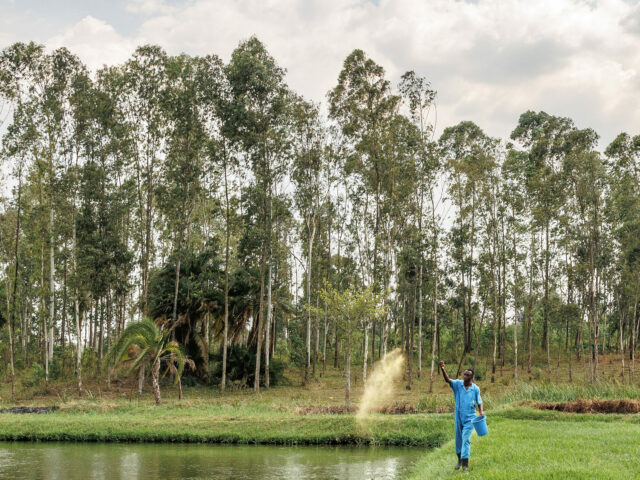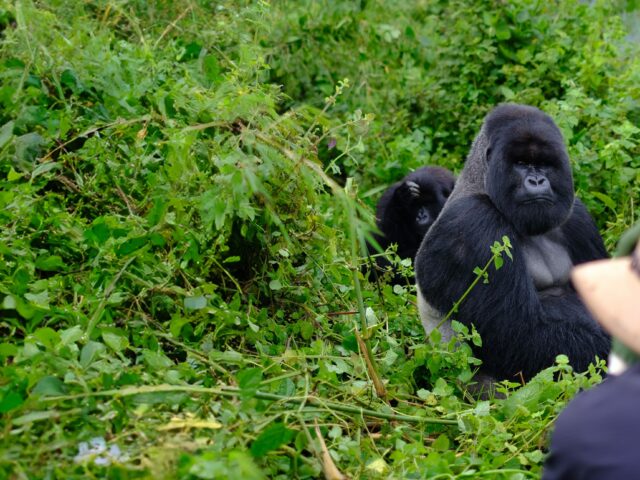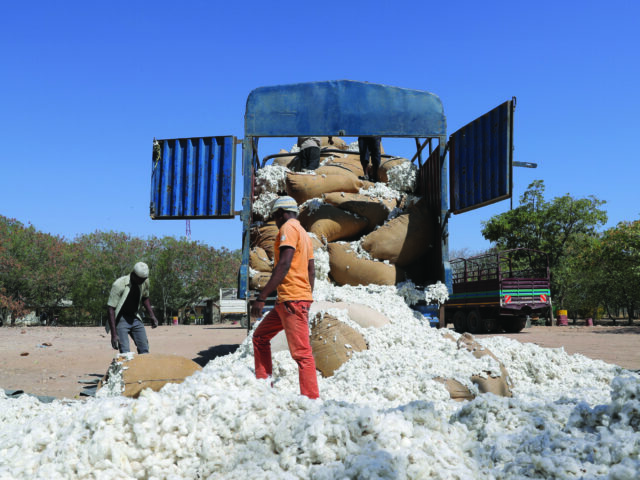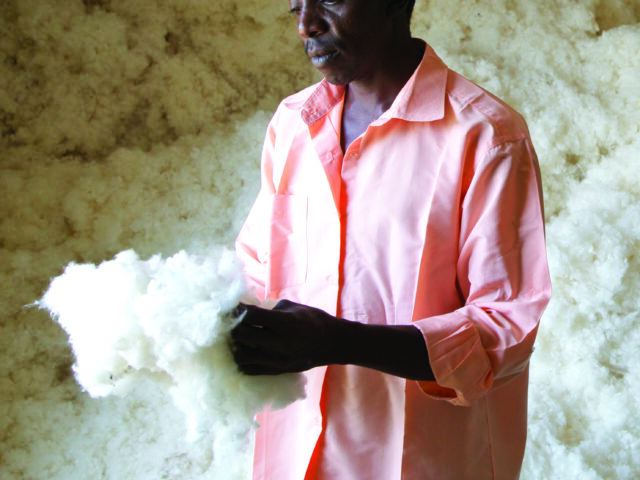Enhancing Market Access and Use of Agricultural Lime among Smallholder Farmers in Western Kenya Region – Early Impact Assessment
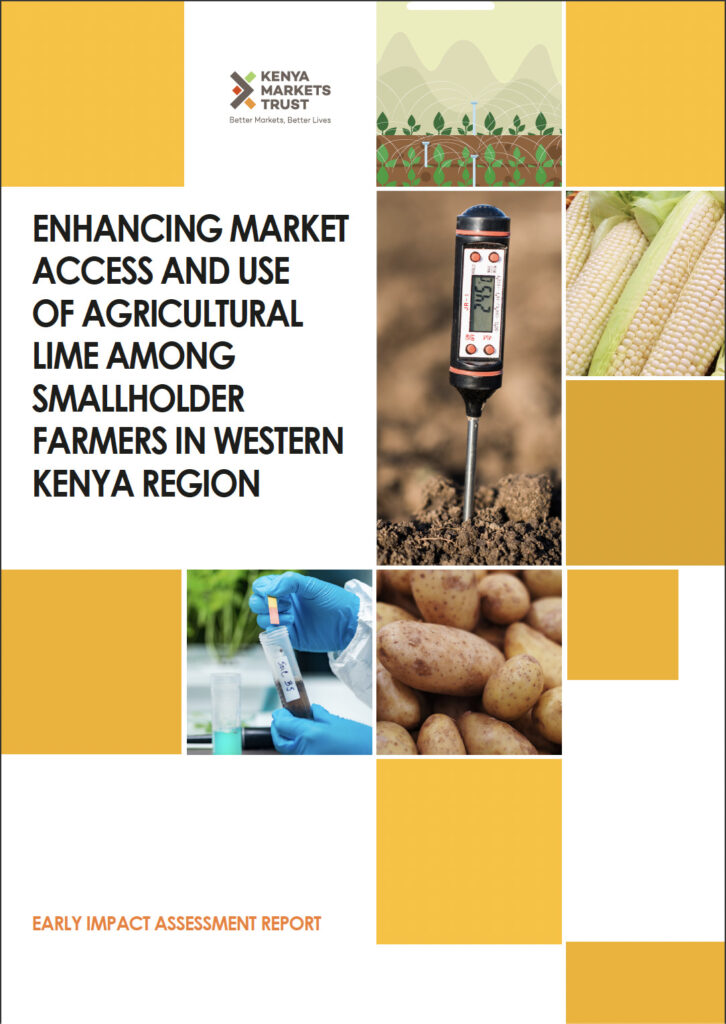
About the Research
Acidic soils (those with a pH lower than six) are a significant issue, especially in the maize-growing areas, traditionally regarded as the ‘breadbasket’ of Kenya. Soil acidity is associated with aluminium toxicity and nutrient deficiency, affecting crop growth and limiting agricultural productivity. Acidic soils cover about 13 per cent of Kenya’s arable land impacting the country’s food and nutritional security efforts. Transformation of Kenya’s agricultural productivity will require accelerating the adoption and appropriate use of agricultural lime, especially by smallholder farmers.
Between 2014 – 2019, Kenya Markets Trust (KMT) engaged a range of market players to promote agricultural lime use by smallholder farmers in Trans Nzoia, Bungoma, Kakamega and Uasin Gishu counties. KMT intervened at multiple levels through the private sector to drive commercial investments in promotions, marketing and distribution, and packaging improvements. KMT’s activities within this intervention also included the establishment of strategic partnerships between lime suppliers and soil testing services providers.
Kenya Markets Trust commissioned this early impact assessment to establish the extent of adoption and uptake of agricultural lime by smallholder farmers because of a functioning market system. The study would also inform the industry’s journey to scaling up the use of agricultural lime across all the acidic-soil regions of the country. Farmers and value-chain actors across the four counties – Trans Nzoia, Bungoma, Kakamega and Uasin Gishu counties – contributed to the study data.

